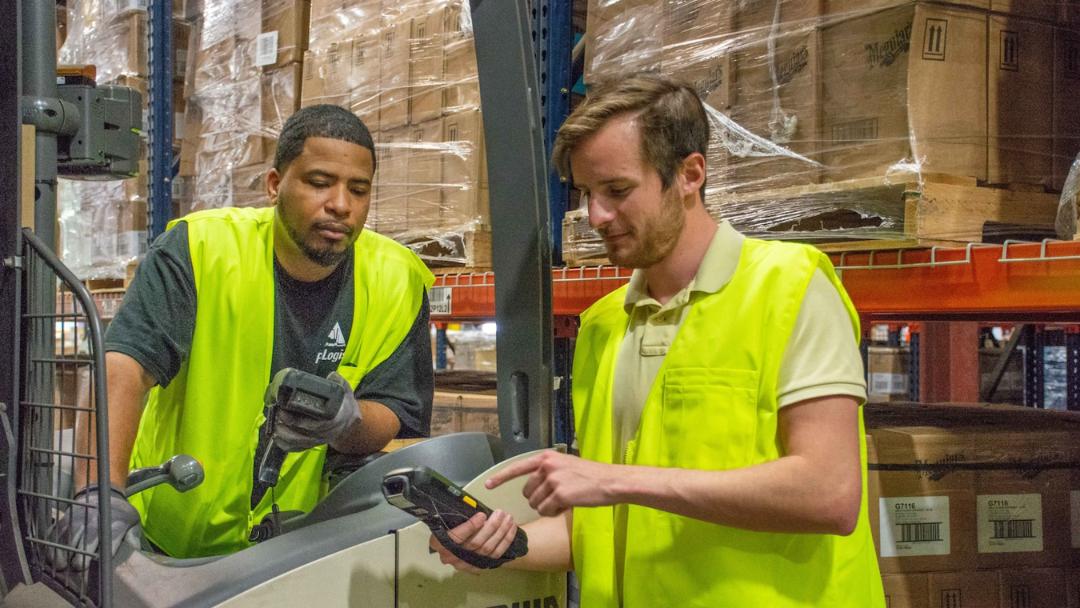Upskilling is more than just another internet buzzword. It's something you can offer your employees to continue their education and improve their skill levels. The world of manufacturing is going digital and instead of constantly looking for new talent that is already aware of these new technologies, you can instead teach your existing employees. Keep reading to learn how to prepare your business for upskilling your teams and the benefits that come along with investing in your employees.
Defining upskilling
Training employees beyond their job description in a new skill or method of working to benefit the company is known as upskilling. It's a great way to improve your teams' education while helping them prepare for a new project you'll need in the near future. Upskilling could include introducing a coding workshop or improving their programming skills because you have new supply chain software coming in.
Upskilling should not be confused as reskilling — although you could do either. Upskilling involves teaching an employee who already knows the basics of a job to improve their skills to reach a new level. Reskilling could be teaching an employee interested in learning a different job.
Why upskilling is important
With robotics and big data filtering into the manufacturing industry, having a set of employees who can more easily navigate the changes can be extremely beneficial to your company. Instead of hiring new employees because of a skills gap, instead you can improve their competencies.
Employers can help develop an employee's career path so they have more options for movement instead of feeling like they need to find a new job to move forward. SHRM found that employees who don't have an obvious career path could be harder to motivate. On the other hand, employees who are passionate about a future with their employer value their job more and are more engaged.
Upskilling allows employers to experience less turnover, expanded growth opportunities and engaged, happy employees. This is a type of perk that many candidates are looking for because it gives them the chance to take charge of their careers and create more mobility from one job description to the next. It's a sign that a business invests in their employees rather than just using them to reach an arbitrary business goal.
Employers may even come to realize that their employees have interests outside of their current job description and could better benefit from their skills in another area of the business. An enhanced work-life balance offers the entire business more opportunities for growth.
If you're ready to assemble your workforce now, contact us to learn more about how we can support you.


